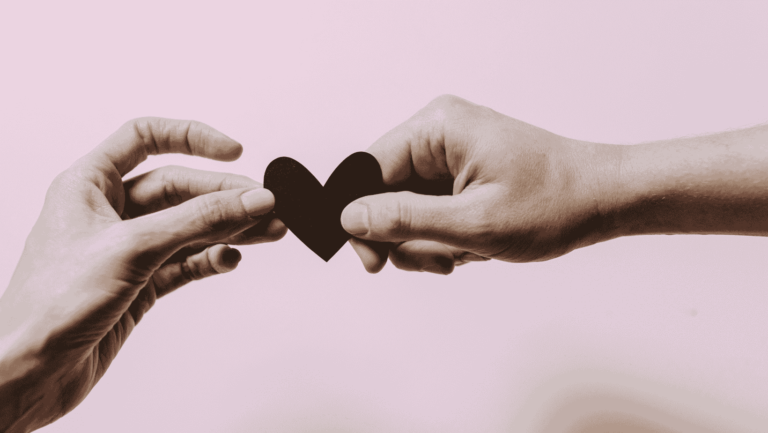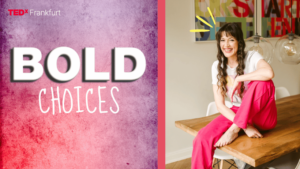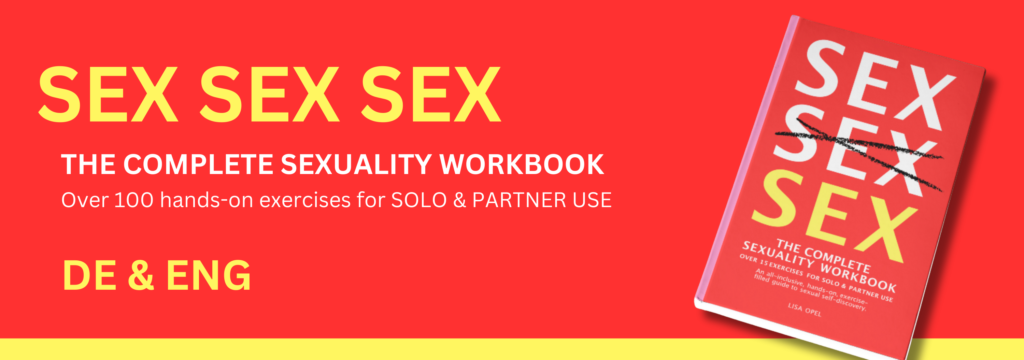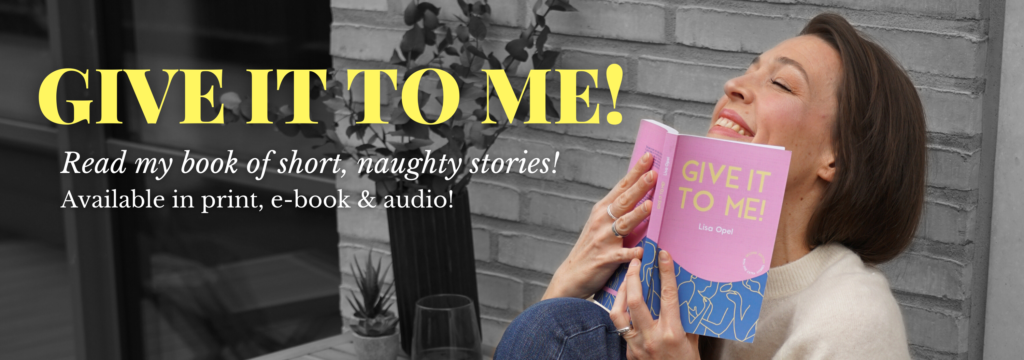Let's talk attachment styles
Anxious vs. Avoidant vs. Secure Attachment: Why you keep feeling like a clingy mess (and how to fix it)

Photo by Kelly Sikkema on Unsplash
Discover how anxious, avoidant, and secure attachment styles impact relationships. Learn key triggers, strengths, and tips for navigating love based on your unique attachment style.
Ever feel like you’re walking on emotional eggshells with your partner? One minute you’re riding the love-high, next minute you’re spiraling into “Are they mad at me? Did I text too much? Why are they taking so long to reply?”—while simultaneously trying to play it cool. Spoiler alert: you’re probably not cool.
That, my lovely reader, could be anxious attachment creeping in, hijacking your brain like it’s auditioning for a soap opera. And let me tell you, it’s exhausting (for you and your partner).
But hey, before you start stress-Googling if you’re doomed to a lifetime of relationship drama, let’s talk attachment styles in relationships. Knowing your attachment type might just be the secret to cutting out the emotional rollercoasters and bringing more chill into your love life. Buckle up, we’re diving in.
What the Heck is Attachment Theory?
In the simplest terms, attachment theory is about how we relate to people based on our early experiences with caregivers. Translation: the way your parents treated you can majorly mess with (or bless) your future relationships. Cute, right?
There are four main attachment styles:
- Anxious-preoccupied (Anxious Attachment).
- Dismissive-avoidant (Avoidant Attachment).
- Secure Attachment.
- Fearful-avoidant (Disorganized Attachment).
Today, we’re focusing on three: anxious-preoccupied, dismissive-avoidant, and secure attachment to break down how each of these plays out in love and how you can navigate your unique style in relationships.
Anxious Attachment: The Passionate, Empathetic Soul in Relationships
First off, let’s clear the air: if you have anxious attachment, you’re not some emotional wreck constantly begging for validation. What you are is deeply empathetic, intuitive, and fiercely loving. People with anxious attachment tend to be emotionally in tune with their partners. You’re great at picking up on small shifts in mood and can be incredibly thoughtful when it comes to meeting emotional needs. That means you give a damn—and that’s something to be proud of.
Superpowers:
- Incredible emotional insight: You’re the type of person who notices when someone’s had a tough day before they’ve even said a word. This ability to read emotional cues makes your relationships more meaningful because you’re always looking to nurture and connect deeply.
- Loyalty and commitment: You don’t do anything halfway. When you’re in, you’re all in. You’re likely the type to plan thoughtful surprises, remember the little things, and show up for your partner in ways that make them feel loved and valued.
- Resilient in love: Sure, you may get anxious sometimes, but you also have the strength to fight for what you believe in. You’re willing to work through the rough patches instead of running at the first sign of trouble.
Triggers:
- Not getting a text back immediately (cue mental breakdown).
- When they don’t initiate hangouts, you start thinking, Are they tired of me? Did I do something wrong?
- If they’re quiet, you imagine they’re planning their escape and already packing their emotional suitcases.
- Basically, any moment that doesn’t involve constant attention makes you feel like they’re ghosting you forever.
The Pain Points:
- Fear of abandonment: This is the big one. You’re convinced the people you love will eventually leave, and you’re determined to avoid that at all costs—even if it means coming off as clingy or needy.
- Low self-worth: Because you doubt you’re enough, you’re always looking for validation from others, making their behavior the gauge of your worth.
- Overanalyzing everything: You’re always reading between the lines, and when you can’t find something, you invent it. They said “K” instead of “OK”? Must mean they hate you now.
Tips for My Anxious Peeps:
- Chill out on the texting: I know, it’s like asking you to stop breathing, but you need to give people some space to respond. Remember, not everyone lives on their phone.
- Set boundaries with yourself: Instead of impulsively seeking reassurance, ask yourself if your fear is rational. Is your partner actually ignoring you, or are they busy living their life?
- Communicate your needs clearly: You’re not “crazy” for needing affection or validation. But instead of spiraling, say, “Hey, I feel a little anxious when we don’t talk all day. Can we find a balance?”
- Self-soothe: Learn to comfort yourself instead of looking to your partner for every emotional hiccup. A bubble bath, a podcast, or heck, even a glass of wine—find your thing.
Avoidant Attachment: The Independent, Resilient Maverick in Relationships
Now let’s talk avoidant attachment, aka the “cool, calm, and collected” type, right? Well, not exactly. While avoidantly attached people may appear to have it all together, they’ve got their own emotional baggage that can make intimacy feel like stepping into a minefield.
Superpowers:
- Independence and self-reliance: Avoidants are the I’ve got this type, and can thrive in situations where others might need more emotional support. They’re often seen as reliable and cool under pressure.
- Clear boundaries: They know how to protect their personal space and are often very comfortable being on their own, which is a valuable trait in a relationship when done in a healthy way.
- Resilience: They’re great at handling life’s curveballs solo, which makes them strong in tough situations where others might fall apart.
Triggers:
- Too much closeness or emotional demand can make them retreat.
- Being asked to open up about feelings can lead them to emotionally shut down.
- Any perceived loss of independence, like feeling smothered in a relationship, sends them into withdrawal mode.
The Pain Points:
- Fear of vulnerability: Avoidants tend to push people away because getting too close feels uncomfortable, like they’re losing control. So instead of leaning in when things get deep, they put up walls to protect themselves.
- Difficulty expressing emotions: They’re not “chill” because they’re naturally zen—they’re “chill” because they often don’t know how to process their own emotions. This can make it tough for them to open up or fully engage in intimate conversations.
- Emotional distance: Avoidants often struggle with feeling emotionally disconnected from their partners, which can lead to misunderstandings and frustration on both sides.
Tips for Avoidant Folks:
- Practice vulnerability: It’s scary, but learning to open up emotionally, even just a little, will help deepen your connections.
- Find a balance with space: It’s okay to need alone time, but make sure you’re not using it to avoid emotional intimacy.
- Be honest with your partner: If you’re feeling overwhelmed, communicate that instead of withdrawing silently. A simple, “I need a little time to process,” can go a long way in preventing misunderstandings.
Secure Attachment: The Calm, Collected Unicorn in Relationships
Ah, securely attached people. These are the folks who have this amazing ability to be in a relationship without constantly fearing it’s going to explode. Sounds fake, but okay. Secure attachment looks like knowing your partner loves you without needing hourly reminders or questioning every interaction.
Superpowers:
- Emotional balance: You know how to enjoy closeness without feeling suffocated and can give space without feeling abandoned. You trust your partner and yourself.
- Healthy communication: You’re open about your needs and feelings without making them the center of every interaction. When conflict arises, you’re like, “Let’s talk it out,” instead of “Let’s freak out!”
- Comfort in intimacy: You don’t fear closeness or independence. You’re comfortable with both, which makes relationships way less dramatic.
Triggers:
- They don’t have many triggers since they are naturally comfortable with intimacy and independence.
- However, they can feel frustrated by constant reassurance needs from an anxious partner. Too much of that, and they’ll feel overwhelmed by the emotional demands.
The Pain Points:
- Dealing with anxious partners: Secure folks can feel like they’re constantly walking on eggshells with anxious partners, and it’s emotionally draining to always reassure someone. “Yes, I love you” on repeat gets old.
- Being perceived as cold: Because they don’t have the same need for validation, they may come off as aloof or emotionally unavailable when really, they’re just chillin’.
- Needing space: Sometimes they just want to do their own thing, and when an anxious partner reads into this, it can cause tension.
Tips for Secure Souls:
- Patience is key: If your partner has anxious tendencies, understand they aren’t being difficult on purpose. Their emotional needs run deep, and it’s a learning curve for both of you.
- Communicate when overwhelmed: It’s okay to say, “I need a little space to recharge”. Just make sure you reassure them first.
- Be clear with affection: Even though you don’t need constant validation, your anxious partner does. Make an effort to reassure them when they’re feeling insecure, even if it’s not your usual mode of communication.
Anxious and Avoidant Together: Can It Work?
Here’s the good news: Yes, it can work. But you’ve got to have patience, communication, and a lot of self-awareness. When an anxious person dates an avoidant person, it’s like mixing fire and water—their emotional needs are totally different. But the water (the avoidant) can actually help to cool the fire (the anxious person), and the anxious person can teach the avoidant to embrace closeness.
For the Anxious Partner:
- Remind yourself that just because they’re not texting 24/7 doesn’t mean they don’t care.
- Use their emotional steadiness as a model for how to relax. They’re not abandoning you; they’re just…busy doing life.
For the Avoidant Partner:
- Acknowledge that your partner’s anxiety comes from a place of fear, not malice. Validate their feelings, but don’t let it drain you. Encourage them to find ways to self-soothe and give you space.
Final Thoughts: Finding Balance in Attachment Styles in Relationships
So, whether you’re the anxious overthinker, the avoidant iceberg, or the secure unicorn, the key to a healthy relationship is understanding your attachment style and working with it—not against it. Attachment styles in relationships play a huge role in how we love, communicate, and resolve conflicts.
Anxious folks bring empathy, passion, and connection, while avoidant people offer independence, calm, and resilience. Both sides have amazing qualities—and room for growth.
The more you learn about yourself and your emotional triggers, the better you can navigate love without the constant, “Do they love me, or are they plotting my demise?” question looming over your head. In the end, it’s all about feeling secure—whether that’s within yourself or within a relationship.
And hey, worst case scenario? There’s always wine.
Cheers to healthy attachments!
Click on the button to load the content from open.spotify.com.
DID WE TOUCH A NERVE? SHARE THIS WITH YOUR FRIENDS (OR ENEMIES!) AND COMMENT BELOW!






© 2024 pleasepinchmehard. All rights reserved.



